Years of experience mean 'yesterday's man' still has much to offer
Chris McGrath hears James Delahooke on lessons learned founding an empire
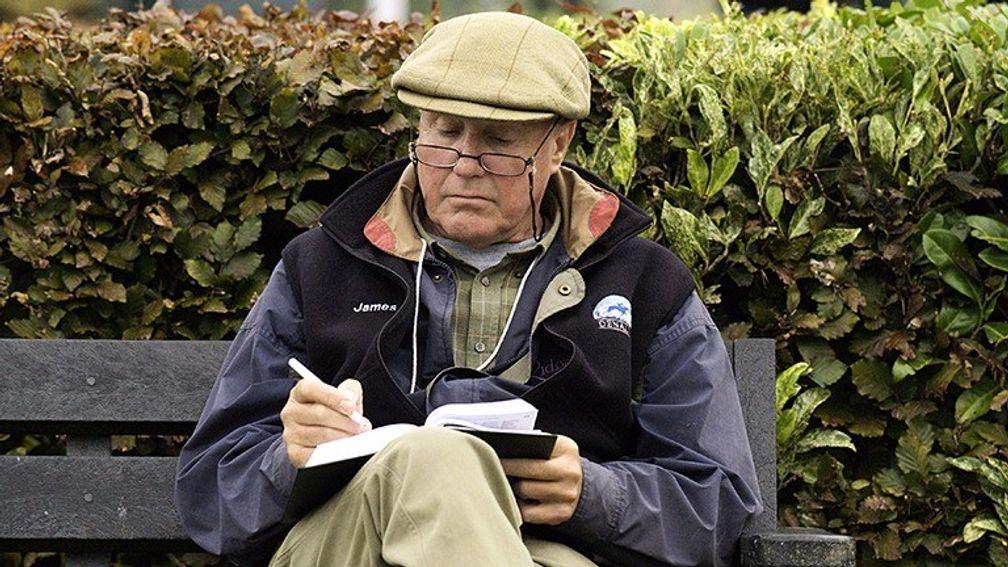
He picks out the catalogue from the crammed shelves of his study, each sale sequenced to register another year like the rings across a tree trunk. Another year, another crop of yearlings sieved by the thousand in the perennial quest for a champion.
Saratoga 1982, Hip 154. James Delahooke had scrawled one minor caveat: "Toes out slightly." Otherwise, however, he couldn't see how any breeder could fail to shortlist her: a filly by His Majesty out of a Buckpasser half-sister to Northern Dancer himself. Alongside other notes – "great goer" – he has written two numbers on the page: 1.6, and 350.
"I said to the Prince that somebody will probably have a million for her," Delahooke recalls. "And somebody will probably have a million and a half. But at $1.6 million we might have a chance. And that" – he stabs a finger at the 350 – "that's what we paid for her."
Only $350,000, then, for the filly who became the dam of Danehill. "I bought very few yearling fillies, almost always bought colts," Delahooke says. "I'm not really a pedigree man. But this was unmissable. They must have been asleep, mustn't they? How can you not buy that page?"
An unknown benefactor
The Prince, of course, was Khalid Abdullah. Three or four years previously Delahooke had been dining with Guy Harwood in Deauville; when they asked for the bill, the maitre d'hote informed them that it had already been taken care of. He gestured across to an elegant Arabian gentleman dining with a compatriot. Around 40, maybe: a few years older than Delahooke himself at the time, still a young thruster among bloodstock agents. When they went to thank their benefactor, he turned out to be the Saudi prince for whom Humphrey Cottrill was acting when they had been underbidders for a yearling earlier that day.
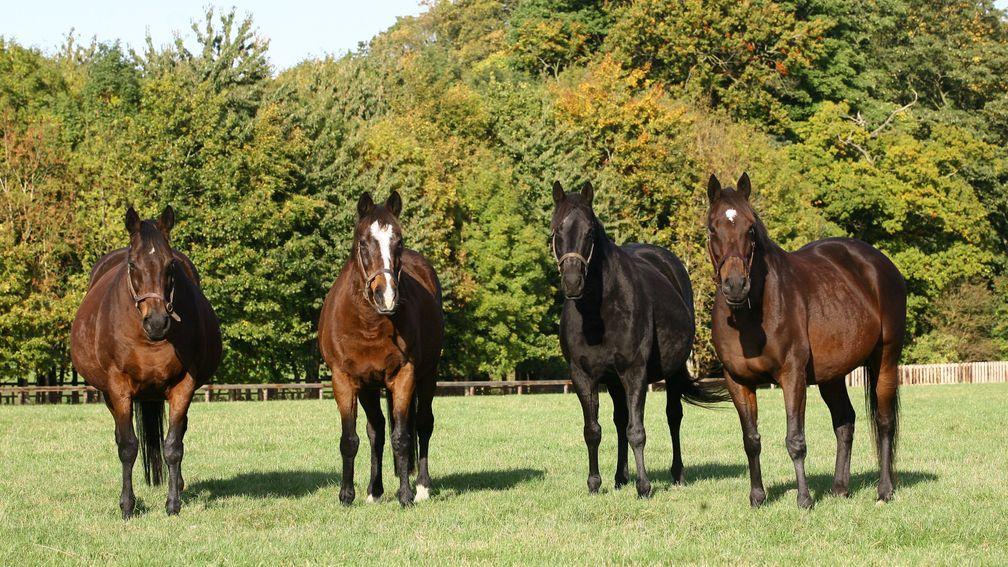
Of one bedrock he was certain, however, and the most literal kind: the soil itself. He cites underachieving farms laid down on old public studs "where there had been hundreds of mares chomping around" in the days before they could be shipped in for a swift tryst as today. Most of the land acquired by Juddmonte at Stonechurch in Kentucky, in contrast, had previously been given over to tobacco.
In stocking the stud, likewise, he had one very basic principle. "There are obviously three important factors: ability, conformation and pedigree," Delahooke reflects. "If you're lucky enough to be in a position to afford all three, then you do so. But if I had to compromise on one, it would never be ability. Because there is a clear correlation between the ability of a mare, and the ability of her progeny. Group 1 mares get more Group 1 winners than Group 3 winners do, and that's fact. It is the ultimate criterion of excellence in the thoroughbred: how fast it can run. Ultimately, it's the only thing that matters."
Sowing the seeds
One example, bought privately from Robert Sangster, was Sookera – subsequently granddam of the blue hen Hasili. "Fortunately at that time Robert was having a divorce and needing funds," Delahooke recalls wryly. One way or another, anyhow, within a five-year period he had bought both the sire and dam of two subsequent Derby winners in Commander In Chief and Quest For Fame; and seeded many of the Juddmonte lines that continue to bloom today.
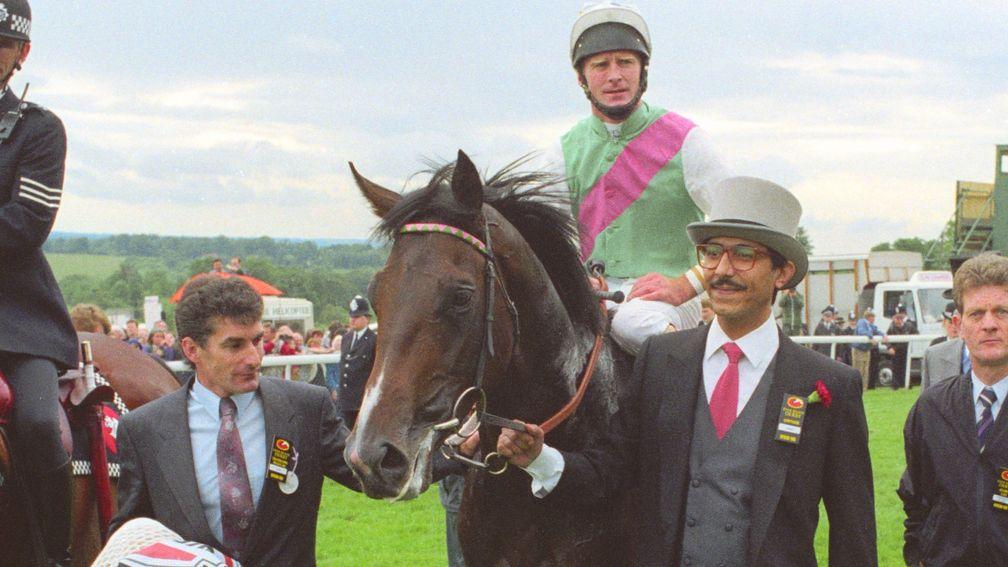
The Prince's own engagement with the breeding programme is axiomatic at Juddmonte; but Delahooke also talks with fervour of his broader assets. "The most charming, well-mannered, sophisticated, totally delightful human being," he enthuses. "With great qualities of diplomacy and tact."
Yet every syllable, palpably heartfelt, is laced with regret. These heady times – they were all so long ago. And as he sits here, in this elegant North Yorkshire rectory, any credit he claims for the foundations of Juddmonte is matched by nearly three decades of remorse. Too long ago now, perhaps, to rake over the embers: suffice to say that an undisclosed commission, on a private mare purchase, brought Delahooke crashing down at the height of his success.
Life-changing error
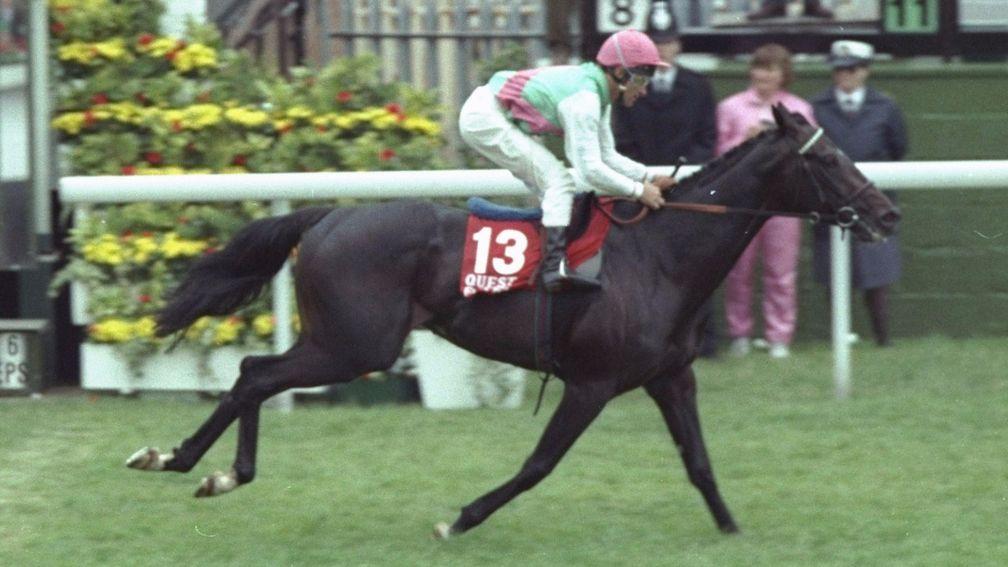
He mentions a prominent spender. "He's been buying meatballs, and very expensive meatballs," Delahooke says with a helpless shrug. "But you have to go out there and promote yourself and that's always been my weak point. It's frustrating, but it's the way of the world."
However hard the lesson Delahooke himself had to learn, he could still teach others plenty. He names a couple of training legends of the past. "Neither had the faintest idea of what a horse should look like," he grins. "Not for one second. They survived on owner-breeders who sent them enough to keep them ticking along. One of them told me once that he went to Tattersalls with a 20 grand order, a 50 grand order, and a 100 grand order. He went in to bid for his 20 grand man, went way past that and eventually bought the horse for his 100 grand man. That, to me, is absolutely unprofessional. If it's a 20 grand horse and someone else pays 100, then someone else has made a mistake. Equally if it's 100 grand horse and you got it for 20, then the 100 grand man should get the benefit. 'I bought you a very nice horse, sir, but it was cheaper than I expected.'
Backing your own judgement
"You must have a value in mind, otherwise you can make a fool of yourself. If you pay double, you're a fool. If you're a professional you're never wrong by 100 per cent. If someone pays twice what I think a horse is worth, I'm not wrong; he is. He's lacking knowledge or experience or discipline or probably all three."
Not that either he or Harwood had started out with much idea of what they were doing at the sales. "I would say that looks a nice horse," Delahooke says. "To my amazement, he started listening; and to my still greater amazement, some of them did go on and win big races. There must have been something that saved me, something instinctive.
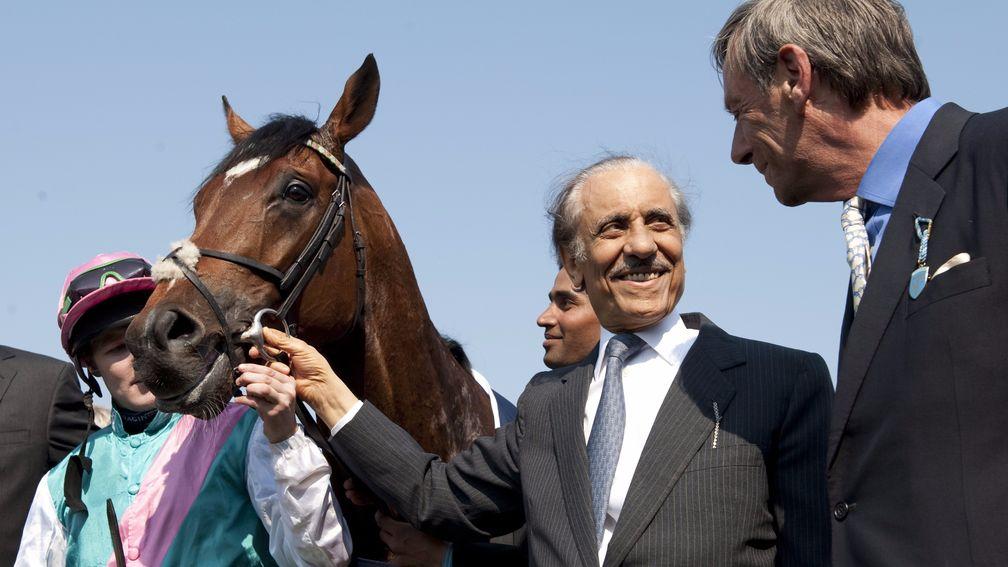
Keeping the faith
Those who have kept the faith include the American chef Bobby Flay, for whom Delahooke bought Misty For Me's first foal, Cover Song, for $1.6 million at Fasig-Tipton last November. Two younger siblings, Roly Poly and U S Navy Flag, have meanwhile added five Group 1s to her page.
There is a poignant resonance to the sum: $1.6 million. Exactly his valuation of the filly who became Danehill's dam. But whatever his own contrition, over his exit, he professes nothing but pleasure in the success of the Juddmonte operation in the decades since. "It's all to the Prince's credit," he says. "Because he's been the puppeteer, he made it all happen. He's run a very tight ship and taken very good advice. Juddmonte has been extremely well managed. And it does give me enormous pride, their every success."
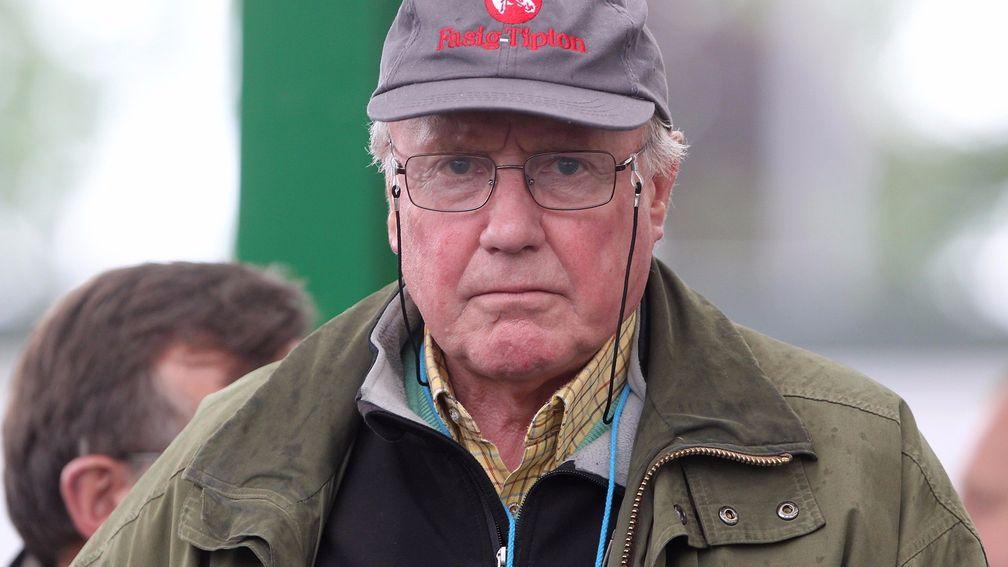
If you enjoyed this, you should also read...
Almanzor's owner panning for yet more gold at Arqana
Dance pulling some smart moves as he makes investments pay
End of an era as Ballymacoll enters the home straight
Published on 6 February 2018inFeatures
Last updated 18:50, 6 February 2018
- 'I'd rather do four or five right than maybe eight or ten wrong' - Goffs-bound filly leads Gallagher's select squad
- 'To me, to win a seller is as good as winning the Derby' - Hazy keeping the dream going for Alan Smith
- Michael Owen-bred Newmarket winner It Ain't Two has team dreaming of Royal Ascot
- Oh, Gino took the stage all right but Walk In The Park and Authorized stole their share of Aintree limelight
- 'You sometimes forget they're stallions' - meet up-and-coming eventing stars Galileo Dance and Galileo's Secret
- 'I'd rather do four or five right than maybe eight or ten wrong' - Goffs-bound filly leads Gallagher's select squad
- 'To me, to win a seller is as good as winning the Derby' - Hazy keeping the dream going for Alan Smith
- Michael Owen-bred Newmarket winner It Ain't Two has team dreaming of Royal Ascot
- Oh, Gino took the stage all right but Walk In The Park and Authorized stole their share of Aintree limelight
- 'You sometimes forget they're stallions' - meet up-and-coming eventing stars Galileo Dance and Galileo's Secret